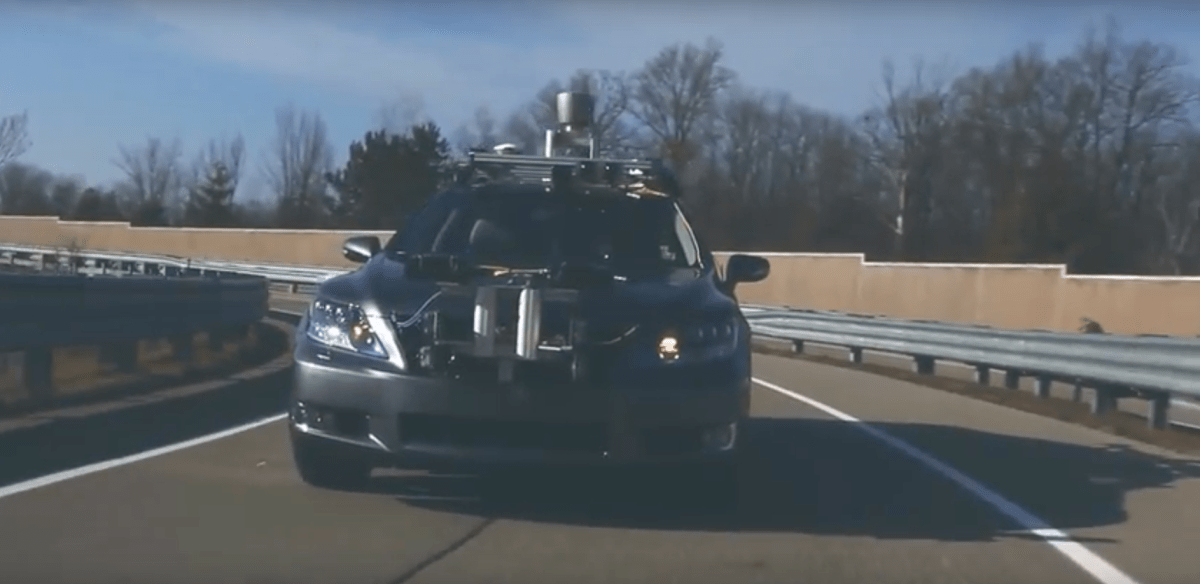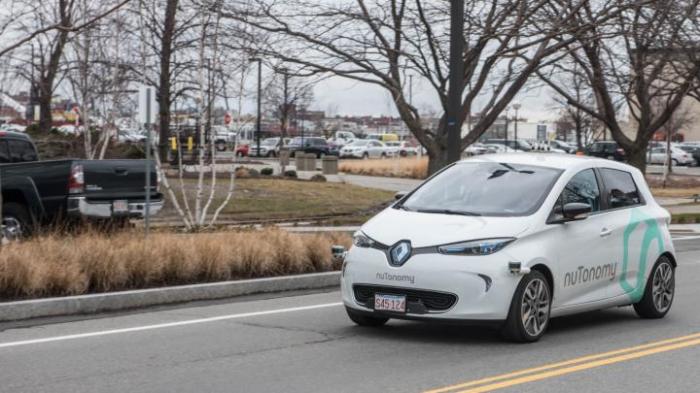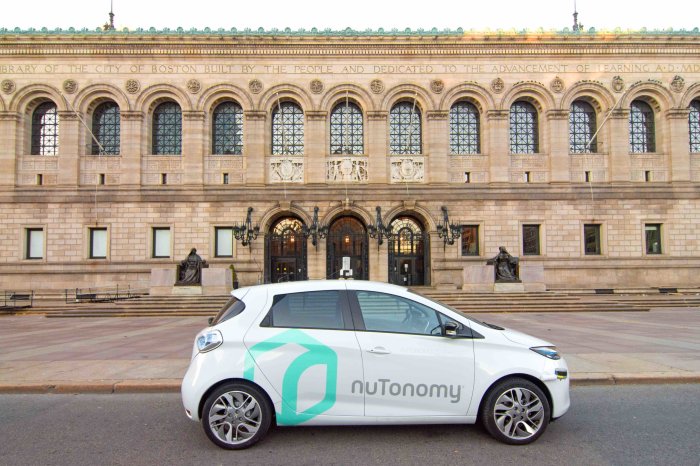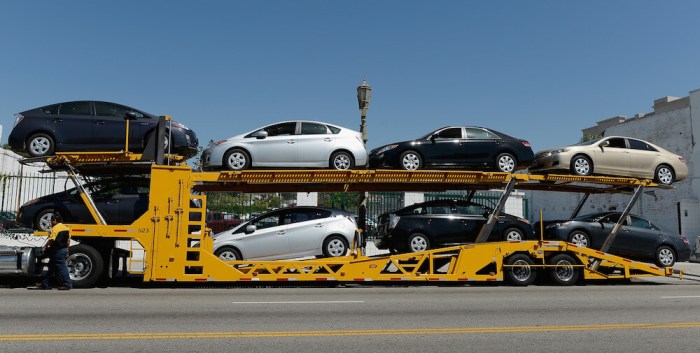Self-driving cars aren’t just for the distracted driver who wants life to be more convenient. The new technology could radically affect the lives of those with disabilities, according to a recent study. Boston-based Ruderman Family Foundation published a study detailing how self-driving cars could open up two million job opportunities for people with disabilities, and reduce annual healthcare expenditures by $19 billion by lessening the frequency of missed doctors’ appointments. “People with disabilities make up 20 percent of our community — one in every five people anywhere in the world has some kind of disability, whether physical or intellectual,” said Jay Ruderman, president of the foundation. “People with disabilities are also the most segregated population in our society.” That isolation mainly comes from a lack of employment — 70 percent of those with disabilities are unemployed, meaning they just sit at home, Ruderman said. This is tied to a lack of accessible transportation. RELATED: Local startup will test self-driving cars on streets of Boston “Unless you are on public transportation that is accessible, you can’t get a job,” Ruderman said.
“Self-driving cars are the technology that is moving forward and what we’re telling the makers and the governmental organizations that regulate them is that people with disabilities need to be taken into account. They will be biggest beneficiaries of this technology.” Kristina Kopic, contributor to the study, said that developers can add certain features to ensure that those with disabilities can benefit from autonomous vehicles.
Because the disability community includes such a wide spectrum — from people with epilepsy to those who are paraplegic, for example — companies building self-driving cars need to consult with members of the disabled community, Kopic said. RELATED:Boston startup pairs with Uber to get patients to doctor appointments For drivers who are blind, self-driving cars need to have an auditory interface. For those who are deaf, there need to be visual cues, lights and written instructions. For the population that has mobility concerns, these cars should be wheelchair accessible, the study says. “We’re looking at this technology not just that it’s going to make more of something we already know, but that it will fundamentally transform the way we lead our lives,” Kopic said.
Kopic also noted that 11 million doctors’ appointments are missed by people with disabilities every year due to inadequate transportation. When people miss their appointments, their medication is off or their conditions worsen. Getting these people to those appointments would save approximately $19 billion in healthcare costs, according to the study.
“What we’re noticing is that transportation affects everything,” Kopic said. “It intersects with so many other sectors of life.”
Self-driving cars could help employ 2M people with disabilities: Study



















